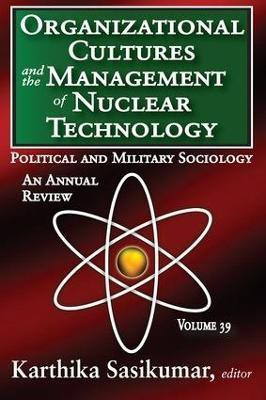Organizational Cultures and the Management of Nuclear Technology(English, Paperback, unknown)
Quick Overview
Product Price Comparison
Nuclear technology has been an organizing premise of the international system since 1945. Eight countries have officially acknowledged the possession of nuclear weapons. Many countries have harnessed the atom for electricity generation and other civilian uses. Roughly 440 commercial nuclear reactors operate in thirty countries providing 14 percent of the world's electricity. Volatile oil prices and concerns about climate change have led newly emerging economies in Asia to express keen interest in using nuclear energy to meet growing energy demands. Since the basic technological apparatus for both civilian and military nuclear programs is the same, there are concerns about the potential spread of dual-use technology. The future stability of the international order depends on the responsible management of their nuclear assets by nuclear powers. The relationship between civilian authorities and the military takes on special significance in states with nuclear weapons or near-weapon capability. The constitutional balance of powers, the delegation of authority during wartime and peace, influences from public opinion and bureaucratic structures on the formulation of doctrine, crisis management, and communications with the international media and the general public are influenced by civil-military relations and organizational culture. This volume will be of broad interest to scholars of civil-military relations, political science, and political sociology.


